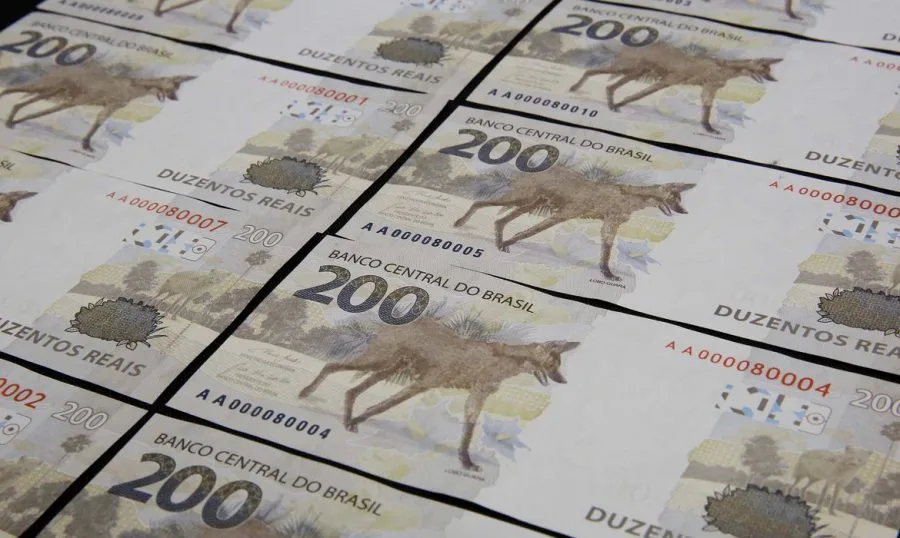Brazil’s Congress recently approved the 2024 budget, targeting near-zero fiscal goals and limiting public spending.
President Luiz Inácio Lula da Silva’s administration proposed this budget with an authorized surplus of R$3.5 billion ($720 million).
Financial markets, however, view the government’s fiscal target as ambitious, predicting a R$ 90 ($18.5) billion deficit.
The budget allows a tolerance range of R$28.8 billion ($5.9 billion) for public accounts. This aligns with the broader fiscal framework approved earlier.
The government aims to generate R$168 billion ($34.5 billion) in extra revenues to balance the accounts.
The proposed budget increases the minimum wage to at least 1,412 reais, nearly 290 dollars, in 2024.
Yet, some economists express concerns about its impact on inflation and employment.
The budget also cuts funding by about 15 percent for the new Growth Acceleration Program (PAC), allocating R$55 ($11.312) billion for infrastructure.
This decision has sparked debate on the best methods to stimulate economic growth.
In summary, the 2024 budget reflects the government’s commitment to fiscal responsibility but faces scrutiny from various sectors.
Understanding these diverse perspectives is crucial as Brazil navigates its economic strategies and their implications for the nation’s future.
Background Brazil 2024 Budget
Brazil’s aggressive fiscal goals and minimum wage hike set it apart globally and in Latin America, diverging from the common trend of increased infrastructure investment.
This budget not only underscores Brazil’s aspirations as a key South American player but also sets a precedent that could influence economic policies regionally and internationally.


